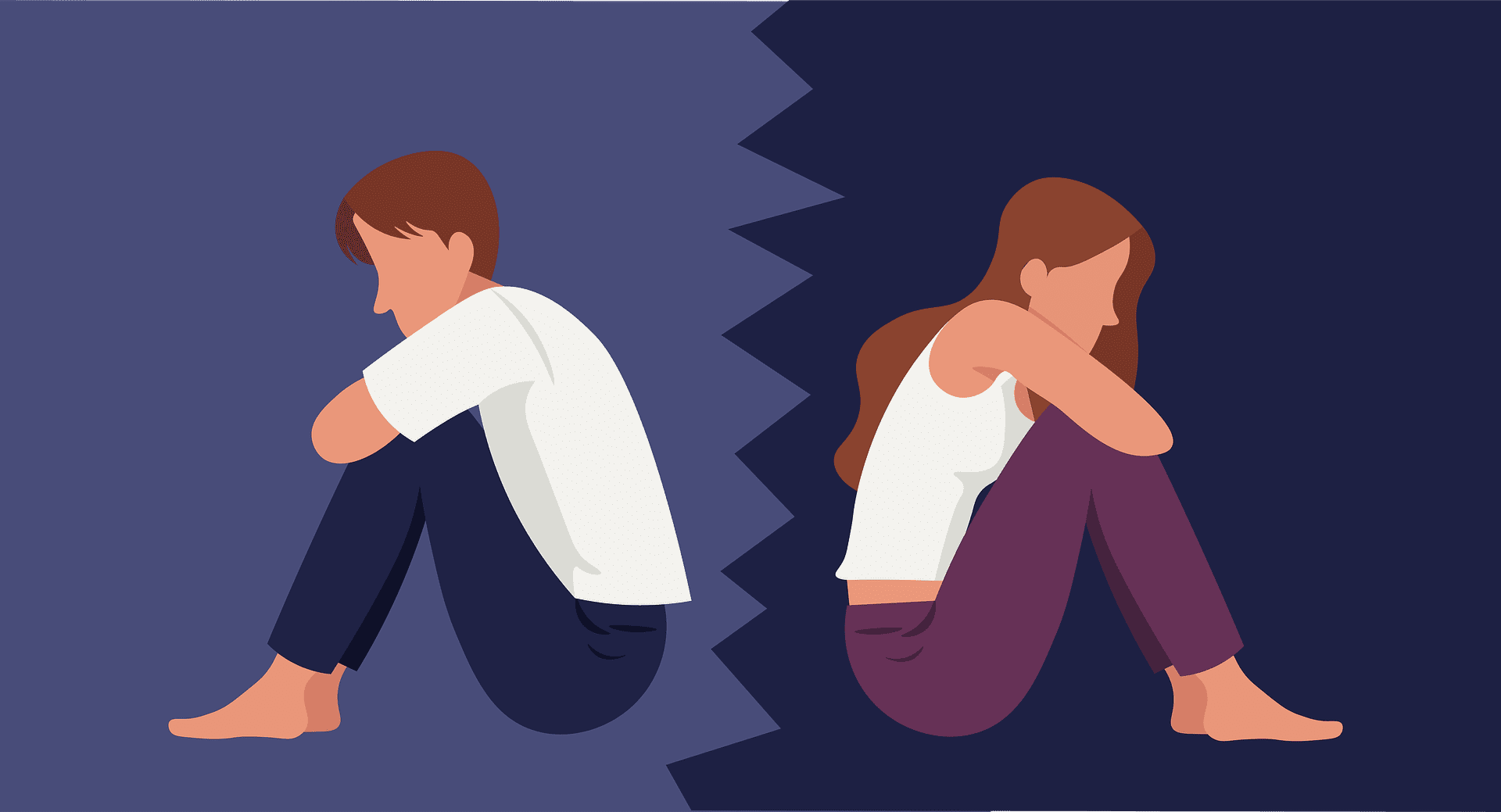Even though their relationship was failing, Tom and Lauri were reluctant to try couples therapy. They heard it was a waste of time. In fact, friends told them that people go to therapy just to say they tried and to relieve their guilt.
Is this true? Does couples therapy really work?
My answer is a resounding, YES. Now, we know some people come to therapy just to say they tried. But therapists know what leads a couple to divorce And we know how to fix that process. However, certain things bring success to therapy.
Here are 10 that can make a difference:
- Don’t wait too long to get help. The longer you wait to address issues, the more “damage” is done. This leads to bad feelings and an expectation that nothing will make a difference. Additionally, some couples come to therapy to prove how bad the relationship is, not to change! If the therapy is to work, you have to come willing to change and believe change is possible.
- This work is complex. Relationships are influenced by a wide range of factors like individual issues and environmental factors. In addition, people and circumstances change over time. It’s not one specific thing that usually causes marital distress. Thus, time is needed to evaluate where the couple is getting stuck. Therefore, commit to the process and give it time. Don’t give up quickly! It takes time to benefit from the work.
- Conflict is normal. You can’t avoid conflict and feel good about your partner. Interestingly, we know from studies that conflict remains stable in most couple relationships. Year 2 of a relationship is predictive of later years in terms of the number of times a couple argues. Conflicts that worsen quickly and escalate is problematic. So, how you respond to conflict matters. If not handled well, conflict can turn into resentment! Therefore, the goal is to learn to manage conflict in positive ways.
- There are predictors of divorce. They include a partner who reacts strongly to disagreement and remains upset; spouses who ruminate about an argument and can’t turn it off; the husband’s refusal to accept his wife’s influence; and thinking only about the “I” and not the “we.” However, the big divorce predictor is feelings of contempt for the partner. Contempt is a relationship killer.
- Certain traits are easier to work with like agreeableness and willingness to make sacrifices for the other person. Also, if marriage is viewed as a covenant, there is better commitment. Add to this humility and hard work and the therapy has a chance.
- Couples do best when they do not have severe distress, keep positive affection, value emotional closeness and are flexible with gender roles. Additionally, a willingness to abandon dysfunctional patterns and embrace new ways to behave gives the therapy a chance. This includes taking personal responsibility for your part of problems.
- Couples who share power and have a high level of respect for each other do better in therapy.
- Despite problems, if you maintain a positive state of mind, the work will be more successful. Specifically, if there is a ratio of 5 positives for every 1 negative. This ratio of positives to negatives can predict divorce. Happy couples have 20 to 1; conflicted couples 5 to 1; and unhappy couples 0.8 to 1. The positive to negative ratio needs to increase in unhappy couples.
- Relationship repair is critical. This means hurt feelings must be addressed and forgiveness practiced. If this doesn’t happen, resentment and hurt develop and undermine feelings of positivity needed to correct the relationship.
- Find a trained marriage and family therapist. Couples therapy can harm couples when the therapist is not trained in couples therapy. You might be surprised at the number of therapists who do couples work with no couples training. Look for a therapist who is a licensed marriage and family therapist (LMFT). This means they have trained in couples work.



